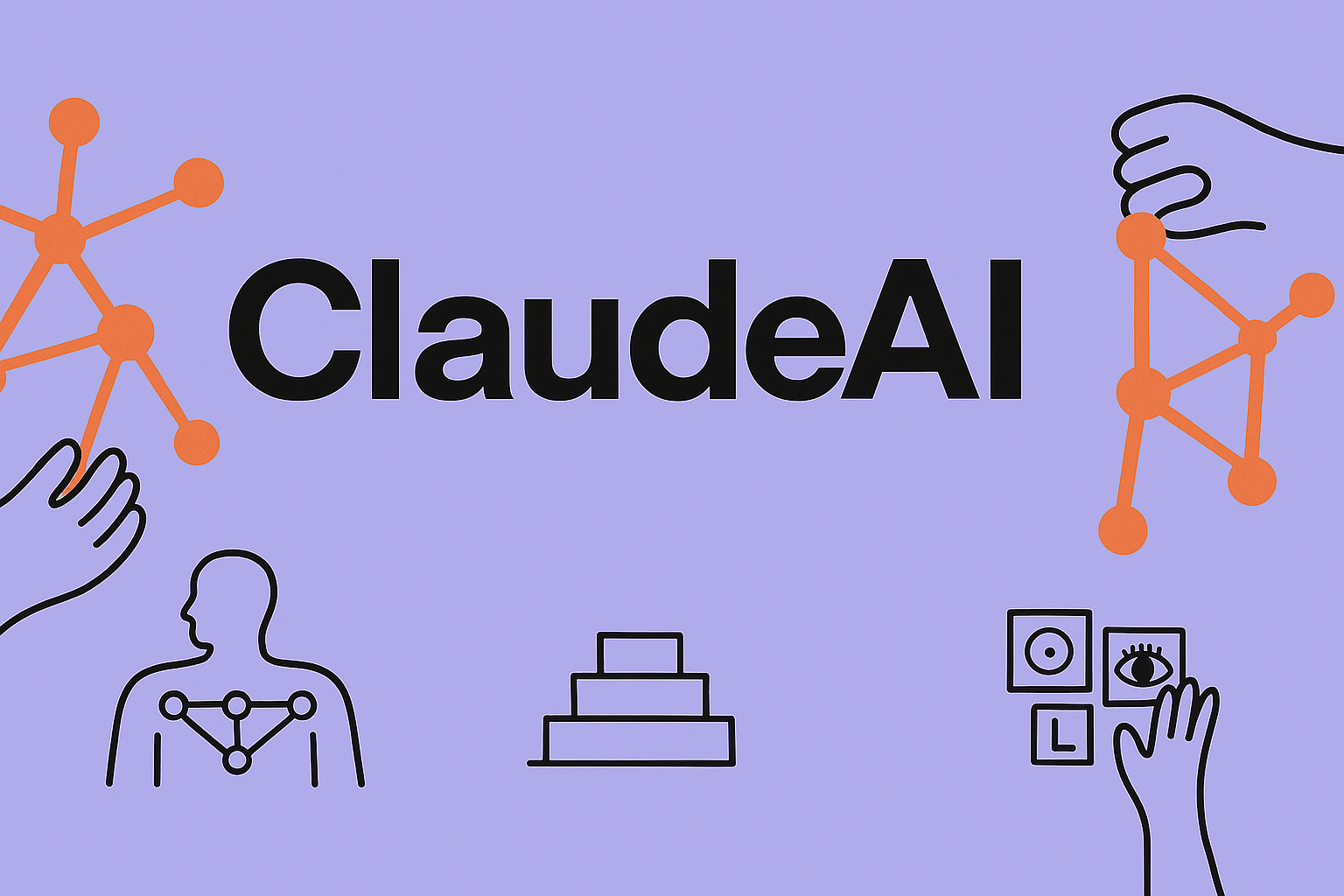The growing impact of artificial intelligence (AI) on industries is reshaping the global workforce. To stay competitive, companies must invest in AI upskilling—equipping employees with the skills to work alongside AI systems and innovate with emerging technologies. Strategic upskilling isn’t just a trend; it’s a necessity to remain relevant in the digital age.
In this article, we explore practical AI upskilling strategies that help businesses future-proof their workforce and drive long-term value.
Table of Contents
- Why AI Upskilling Matters
- Key Areas of AI Upskilling
- Strategies to Implement AI Upskilling
- Case Studies: Successful AI Upskilling
- Challenges and How to Overcome Them
- The Future of AI Upskilling
- Conclusion
Why AI Upskilling Matters
As AI transforms business models, it’s imperative for workers to evolve their skill sets. According to a 2023 report by World Economic Forum, 44% of core job skills will change by 2027 due to AI and automation.
AI upskilling empowers organizations and their people to adapt, stay relevant, and maintain a competitive edge. The benefits include:
- Increased productivity: Employees trained in AI tools can automate repetitive tasks, allowing them to focus on strategic initiatives.
- Reduced talent gaps: Companies develop internal talent rather than relying solely on external hiring.
- Improved employee engagement: Upskilling signals investment in long-term career development.
- Organizational agility: A tech-savvy workforce can better handle shifts in market dynamics and technology.
Key Areas of AI Upskilling
To maximize returns from an AI upskilling initiative, companies should focus on the most relevant domains:
1. Data Literacy
- Understanding basic data concepts
- Analyzing and interpreting data for decision-making
- Working with tools like Excel, Tableau, and Power BI
2. Machine Learning and AI Fundamentals
- Introduction to machine learning algorithms
- Key platforms (TensorFlow, PyTorch, Scikit-Learn)
- Understanding ethical AI and bias mitigation
3. AI-Augmented Workflows
- Working alongside AI-powered tools (e.g., chatbots, CRM automation)
- Robotic process automation (RPA)
- AI content generation and digital assistants
4. Soft Skills for the AI Era
- Critical thinking and problem-solving
- Collaboration in hybrid AI-human teams
- Adaptability and continuous learning
These foundational areas help create a workforce that understands not just how to use AI—but also how to lead with it.
Strategies to Implement AI Upskilling
Effective AI upskilling doesn’t happen by accident. It requires a well-structured approach aligned with business objectives. Here are key strategies to implement AI workforce development:
1. Assess Skill Gaps
- Conduct surveys, assessments, and employee interviews to understand current skill levels.
- Use tools like the Skills Framework for the Information Age (SFIA) to map existing competencies.
2. Align with Business Goals
- Partner with department heads to identify how AI will impact specific roles.
- Target skills aligned with innovation, market expansion, or operations efficiency.
3. Create Personalized Learning Paths
- Offer a mix of beginner, intermediate, and expert content.
- Include certifications from platforms like Coursera, edX, and Udacity.
- Utilize internal mentorship and peer-coaching programs.
4. Partner with External Experts
- Collaborate with academic institutions or AI service providers for tailored training.
- Attend AI-focused events and conferences to stay updated and inspired.
5. Measure ROI of Upskilling
- Track metrics like time-to-productivity, project outcomes, and employee retention.
- Use KPIs to adjust and fine-tune training programs.
Case Studies: Successful AI Upskilling
IBM’s AI Skills Academy
IBM launched a global AI Skills Academy to train over 30,000 employees. The program focused on areas from AI ethics to deep learning. It allowed rapid prototyping and development of AI models internally.
PwC’s Digital Accelerator Program
PwC trained selected employees as digital accelerators. These employees drove automation projects using AI tools like Alteryx and UiPath. The result was over 6 million hours saved through automation.
Amazon’s Machine Learning University
Amazon created a free internal university to teach ML fundamentals to non-technical staff. The goal was to democratize AI fluency and foster innovation across the organization.
Challenges and How to Overcome Them
Despite the benefits, AI upskilling does face obstacles. Awareness of these challenges helps organizations stay proactive.
Resistance to Change
Solution: Communicate the “why” behind upskilling. Show clear career progression paths and success stories internally.
Time Constraints
Solution: Provide short-format, modular learning that can be accessed flexibly on-demand.
Lack of Technical Capability
Solution: Start with basic AI fluency modules and gradually introduce complex concepts. Offer mentorship or buddy systems for support.
Unclear ROI
Solution: Define KPIs before launching the training program. Measure tangible impact like cost savings, reduced errors, or improved productivity.
The Future of AI Upskilling
The pace of AI innovation shows no signs of slowing. As technologies like generative AI, quantum computing, and edge computing mature, future AI upskilling efforts will need to:
- Go beyond technical training—focusing more on strategy, ethics, governance, and leadership in AI-led organizations.
- Be continuous—with micro-learning delivered in real-time via AI-driven personalized platforms.
- Expand inclusivity—ensuring non-tech industries and marginalized populations are part of the AI transformation.
Organizations that invest early in these changes will shape the workforce of the future.
Conclusion
AI is fundamentally reshaping how we work, and the most resilient organizations are those that prioritize AI upskilling. By building a culture of continuous learning, companies not only boost their competitive advantage but also future-proof careers for their employees.
Whether you’re a business leader or an HR professional, the time to invest in AI readiness is now. Start small, measure impact, and scale fast.
Want to build a future-ready workforce? Share this article with your team and begin your AI upskilling journey today.



